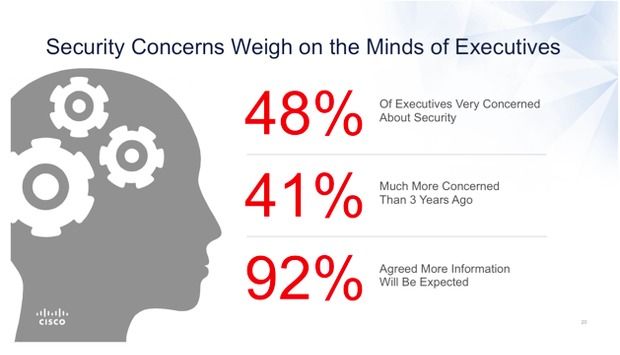Feb 15, 2016
Now you can learn to fly a plane from expert-pilot brainwave patterns
Posted by Sean Brazell in categories: military, neuroscience, transportation

You can learn how to improve your novice pilot skills by having your brain zapped with recorded brain patterns of experienced pilots via transcranial direct current stimulation (tDCS), according to researchers at HRL Laboratories.
Continue reading “Now you can learn to fly a plane from expert-pilot brainwave patterns” »
















